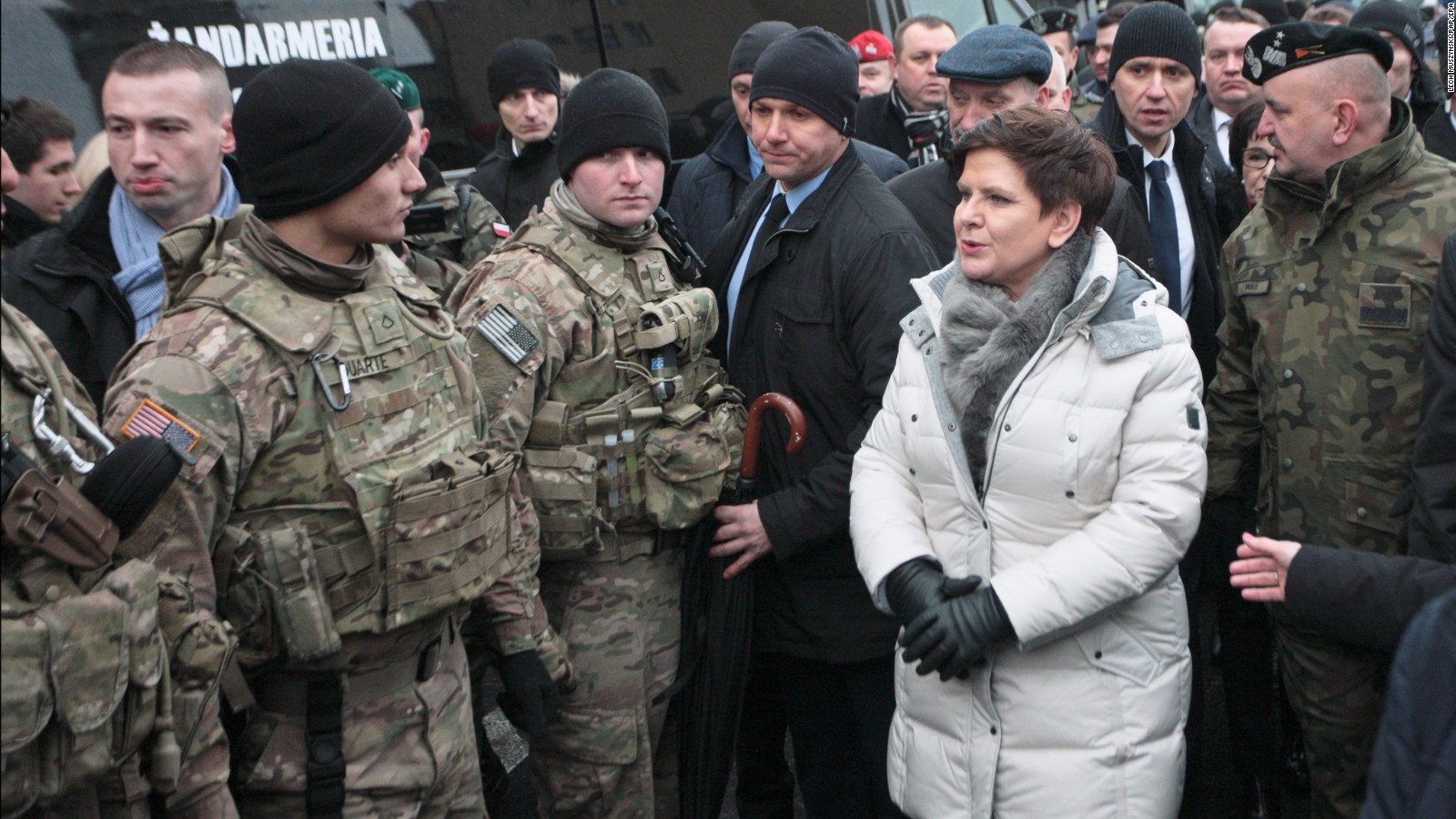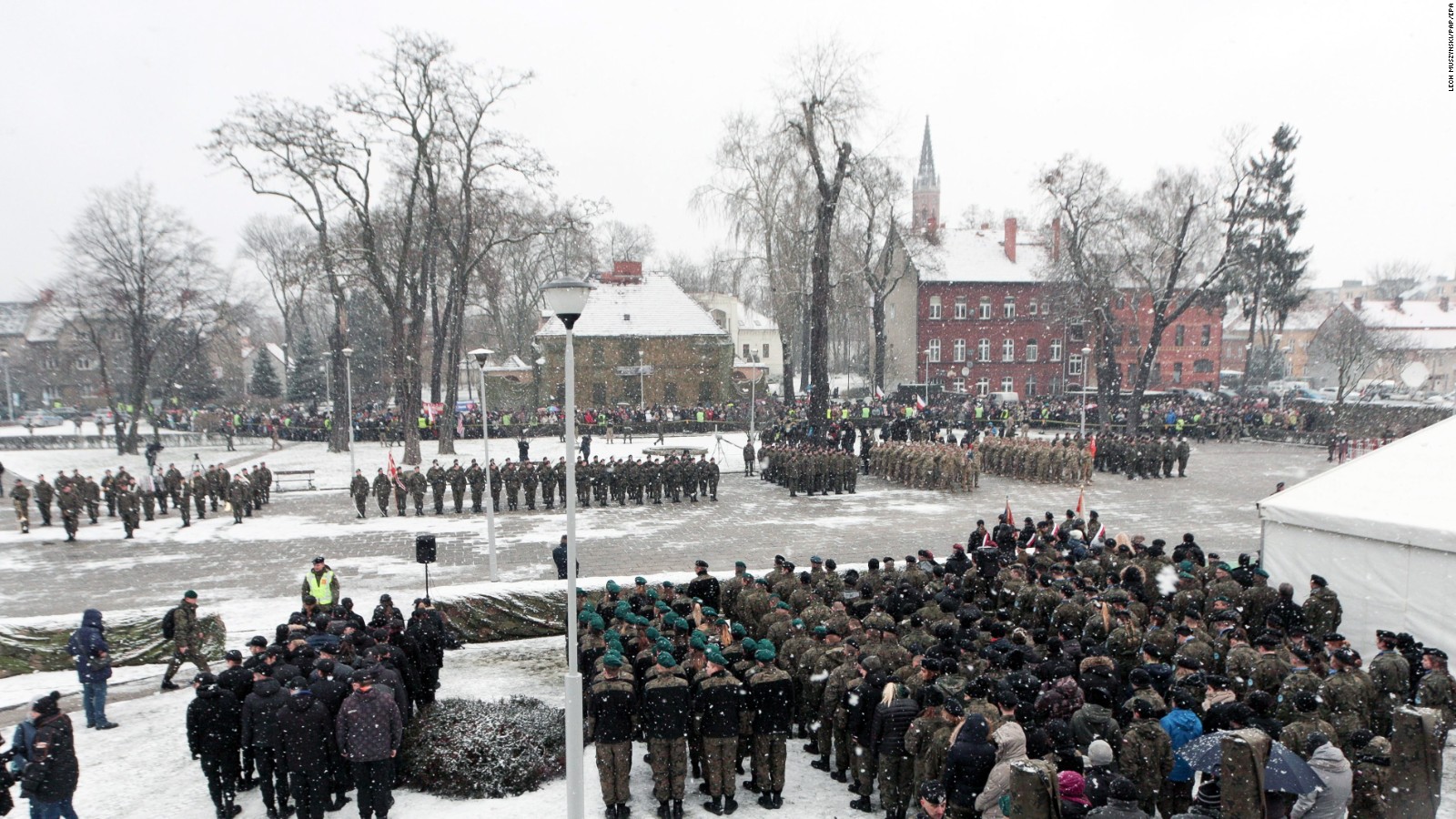
Crippling just three of the malaria parasite’s 5000 genes could
create a powerful, safe vaccine against a disease that sickens nearly
200 million people each year, according to a new study. The new approach
“holds great promise,” says Robert Seder, an immunologist at the U.S.
National Institute of Allergy and Infectious Diseases in Bethesda,
Maryland, who was not involved with the work. No such vaccine has yet
made it to market.
Malaria is caused by
Plasmodium, a microscopic parasite
spread to humans by mosquitoes. When bites deposit a version of the
parasite under the skin, they migrate to the liver where each so-called
sporozoite produces as many as 30,000 copies of a new parasite form.
These then move into the blood stream and infect red blood cells,
causing disease and—in some cases—death.
This three-stage infection complicates attempts to create a viable
vaccine. The most advanced to date—dubbed RTS,S—tries to teach the
immune system to defeat the parasite with a genetically engineered
version of a protein from
Plasmodium falciparum, the strain that causes the most serious disease in humans. Other investigators have developed “live”
Plasmodium vaccines
that zap sporozoites with radiation to damage their DNA. An unusually
bold live strategy infects people with unmodified
P. falciparum and
then gives them antimalarial drugs to thwart the disease. RTS,S is
still widely seen as the most practical of these strategies, and it will
be
rolled out in 2018 in three sub-Saharan African countries, despite the fact that it protected just 27% to 39% of infants in large human studies.
The new approach disrupts the cycle of infection by knocking out three genes that
P. falciparum needs
to move into the blood stream. A team led by parasitologist Stefan
Kappe at the Center for Infectious Disease Research in Seattle in
Washington gave a rodent version of this “genetically attenuated
parasite,” or GAP, to mice and showed that they were completely
protected when later infected with an unmodified—or wild-type—version of
the same
Plasmodium strain
. The researchers then infected mosquitoes with a GAP designed for
P. falciparum and put 150 to 200 of these insects on the arms of 10 human volunteers. As the team reports today in
Science Translational Medicine,
no one developed malaria or suffered serious harm in this first phase of human tests, and the vaccine triggered antibodies against the sporozoites.
“I really like this approach,” says Seder, who is helping develop a vaccine of
irradiated sporozoites,
which are delivered by a cumbersome intravenous injection to stimulate
strong immune responses. He adds that the GAP approach is unique
because the parasite is actually weakened in humans following the
immunization.
There’s widespread agreement that the current front-runner, RTS,S, has
serious limitations:
Not only is the protection mediocre, it quickly wanes and requires
booster doses. “At the end of day it’s not going to be that useful,”
Seder says. Kappe and colleagues contend that their vaccine also has an
advantage over other live strategies. Unlike radiation, which damages
DNA in random spots, they carefully control how sporozoites are
weakened, and they can make standard batches of the product. What’s
more, using the wild-type
P. falciparum followed by
antimalarial drugs creates obvious safety dilemmas as the vaccine can
cause the disease. The GAP, in contrast, “can have optimal safety but
still produce immunity,” Kappe says.
But he also acknowledges there’s a long way to go between this early
experiment and proof that the strategy is safe, effective, and
practical. First, the researchers need to vaccinate volunteers and then
challenge them with wild-type
P. falciparum, which they plan to
do next year. (Anyone who becomes infected by the challenge will
immediately receive antimalarial drugs.) He also stresses that
vaccinating people with mosquito bites won’t work in the real world.
Instead, he hopes to develop ways to grow the weakened sporozoites in
laboratory cultures and put them in traditional vaccine vials for later
injection.
Ultimately, Kappe says his group may add genes to make the vaccine
even more potent and durable. “You can really optimize the vaccine,” he
says. “This study is just the foundation.”
DOI: 10.1126/science.aal0565







